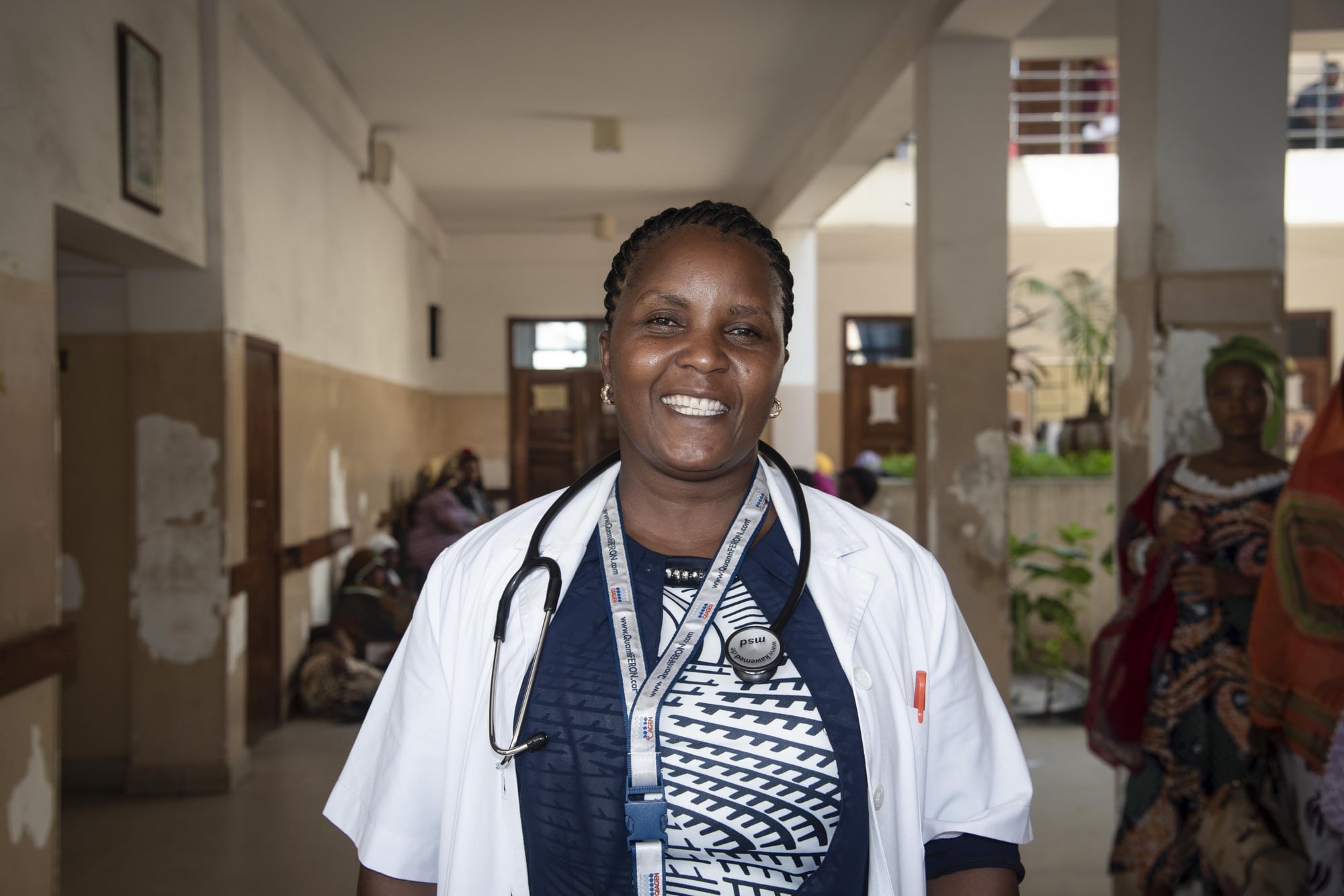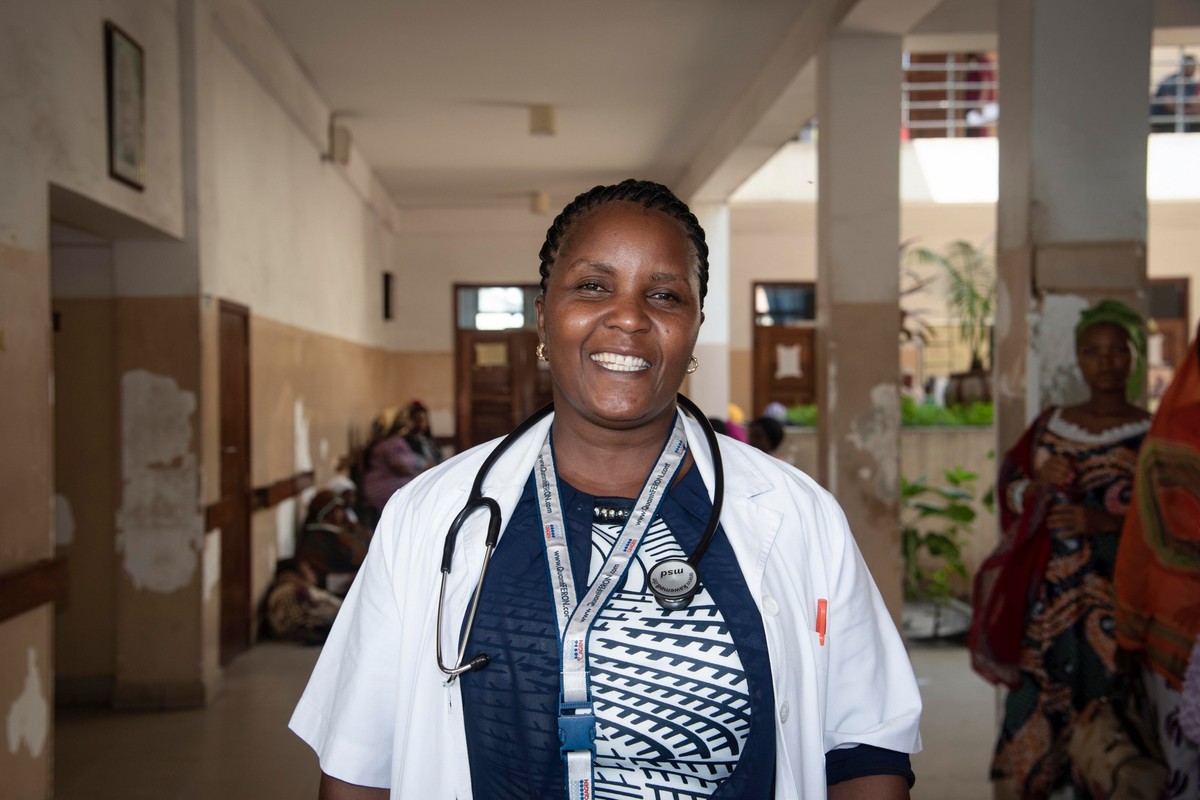Dr. Joyce diagnoses and treats TB-patients in APOPO partner clinics in Dar es Salaam, Tanzania.
“I am the Clinical Officer and District Tuberculosis and Leprosy Coordinator for Mbagala-Rangi Tatu District in Dar es Salaam. I work with 6 clinics in total.
Over time I have seen an increase in cases of TB. But I think this is more to do with increased awareness. With modern technology and governments taking both HIV and TB seriously, people have been better educated through campaigns and word of mouth. The problem now is that many clinics are overwhelmed with the increase of TB-suspect patients. They often don’t have the time they need to check patient’s sputum samples properly, or they are using out of date equipment or don’t actually have enough staff and equipment to cope. That means that many people are being misdiagnosed and that is a tragedy. We called these patients the ‘missing’. There are 3.6 million of them around the world.
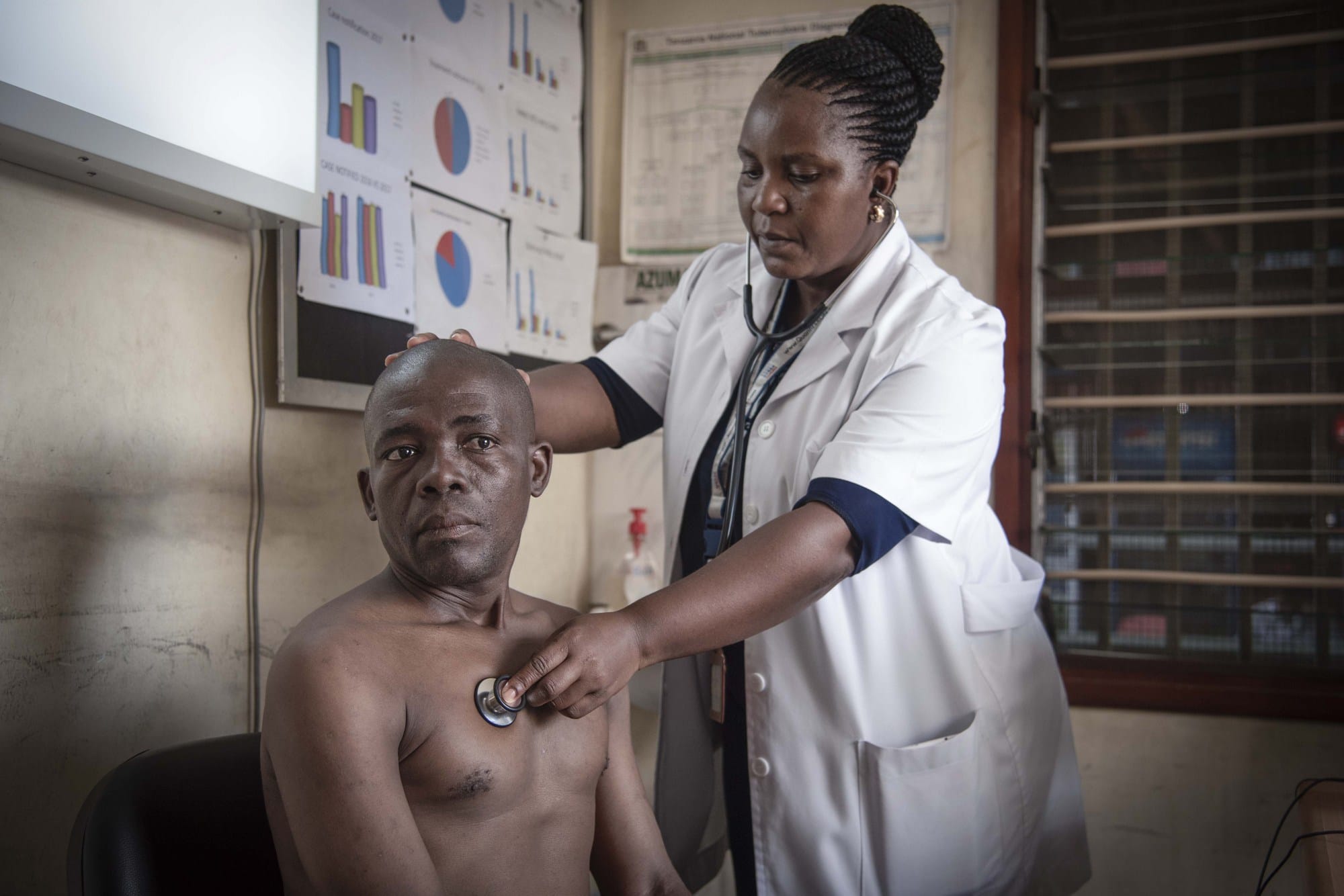
APOPO is actively addressing this. They collect sputum samples that have already been tested from clinics like these and take them to their central testing facility to retest them using rats that can detect TB. Once the rats indicate that samples are probably TB-positive, those samples are confirmed using WHO-endorsed methods and if TB is indeed present. APOPO notifies the clinic within 24 hours so that the patients can be told on their return for standard results the day after tests, and they can immediately start treatment. Using this method APOPO has increased detection rates of clinics in Tanzania by 40%. That’s over 10,000 people since 2011 who otherwise would probably have died without treatment.
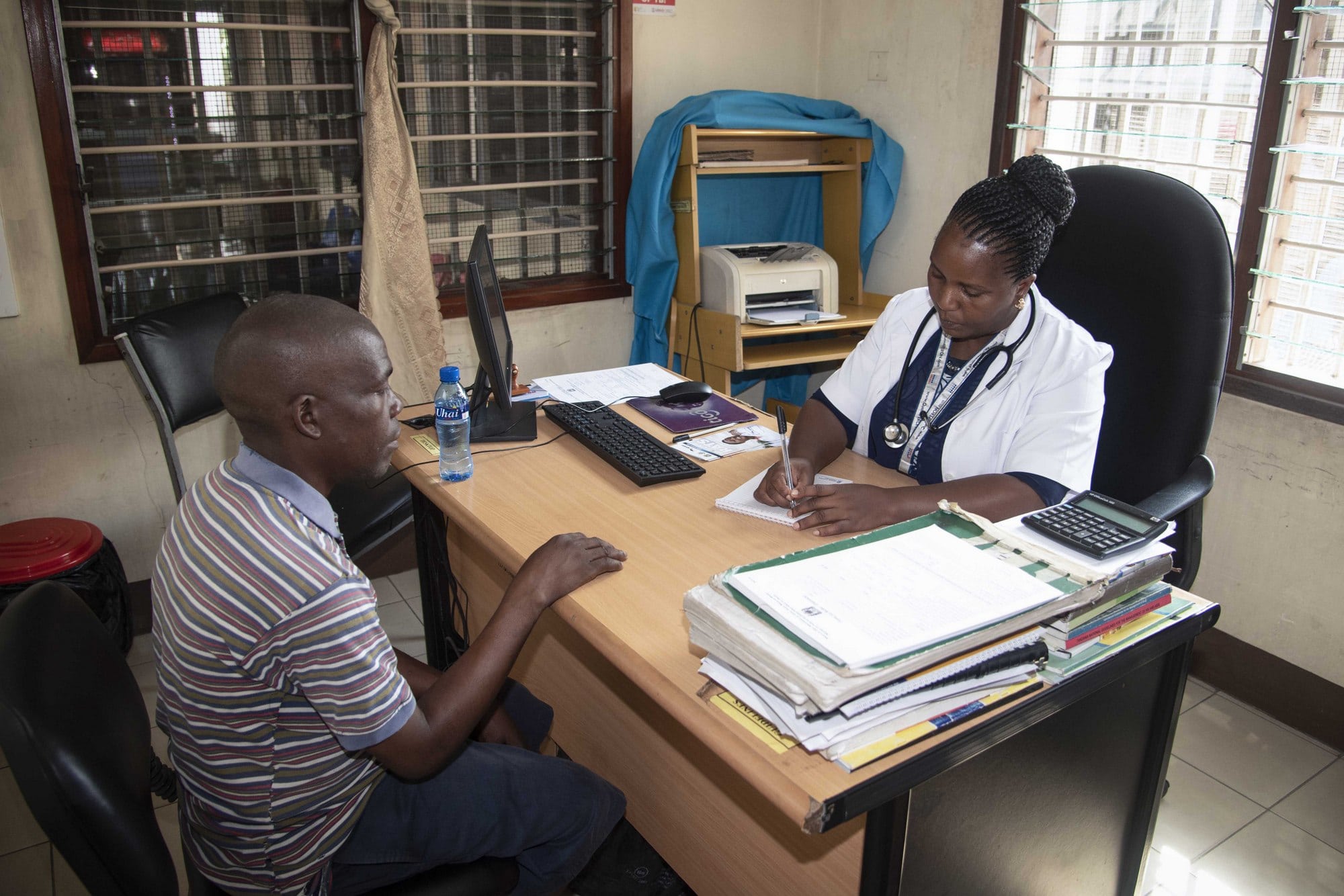
The rats help for other reasons, such as when testing children, who often do not produce enough volume or a good quality sputum sample for standard microscopy. The TB detection rats are also very fast so they can screen the whole sample base in a couple of hours and only the TB suspect ones are then investigated.
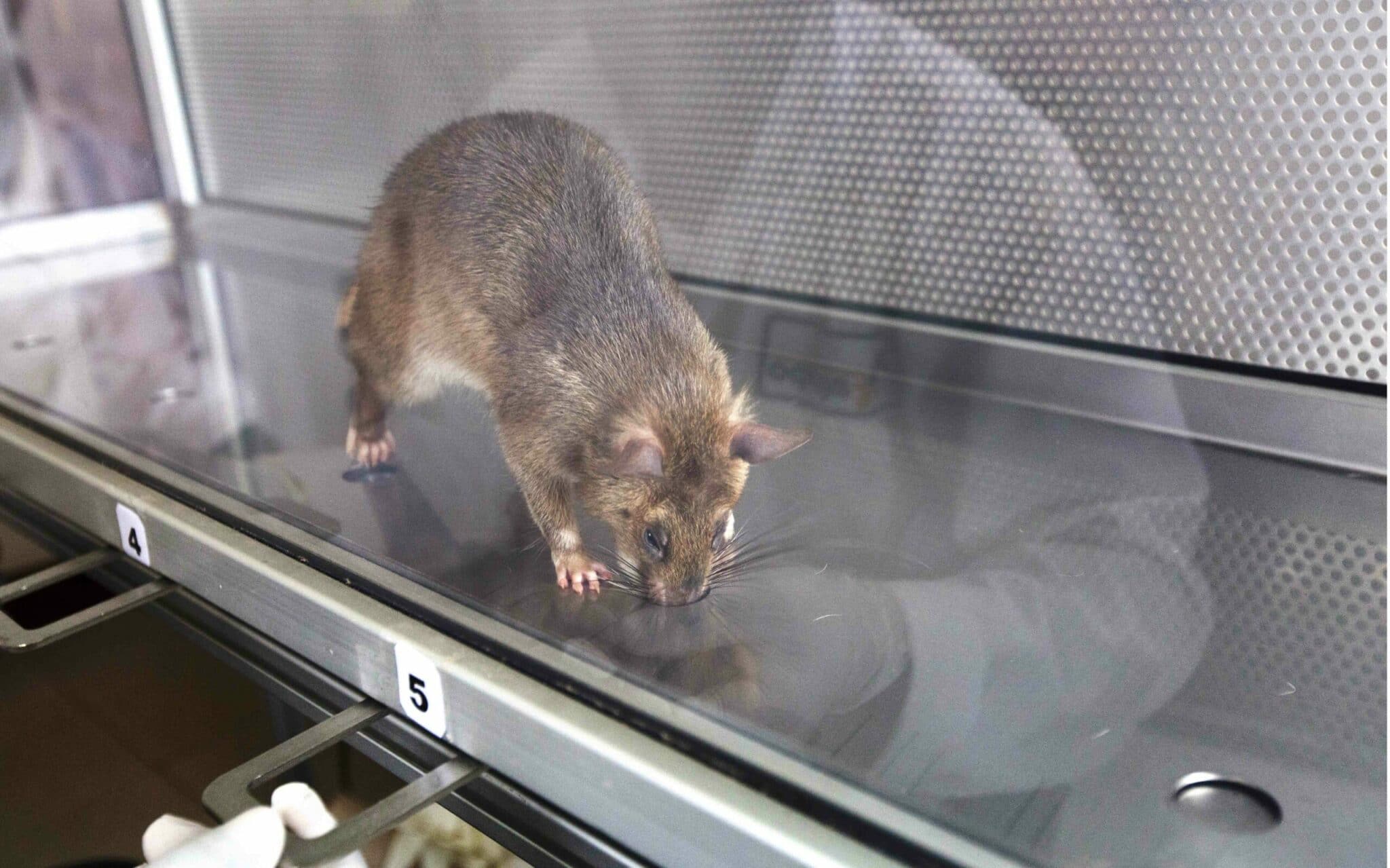
I was very sceptical about using rats at first. It sounded silly to me. But APOPO now account for a good percentage of our monthly TB results. I must stress again, these are people who were sent home with a wrong diagnosis and therefore could not access treatment. What we must remember is that if people get correctly diagnosed on time, TB is entirely curable. I am grateful that APOPO are here supporting us.”

